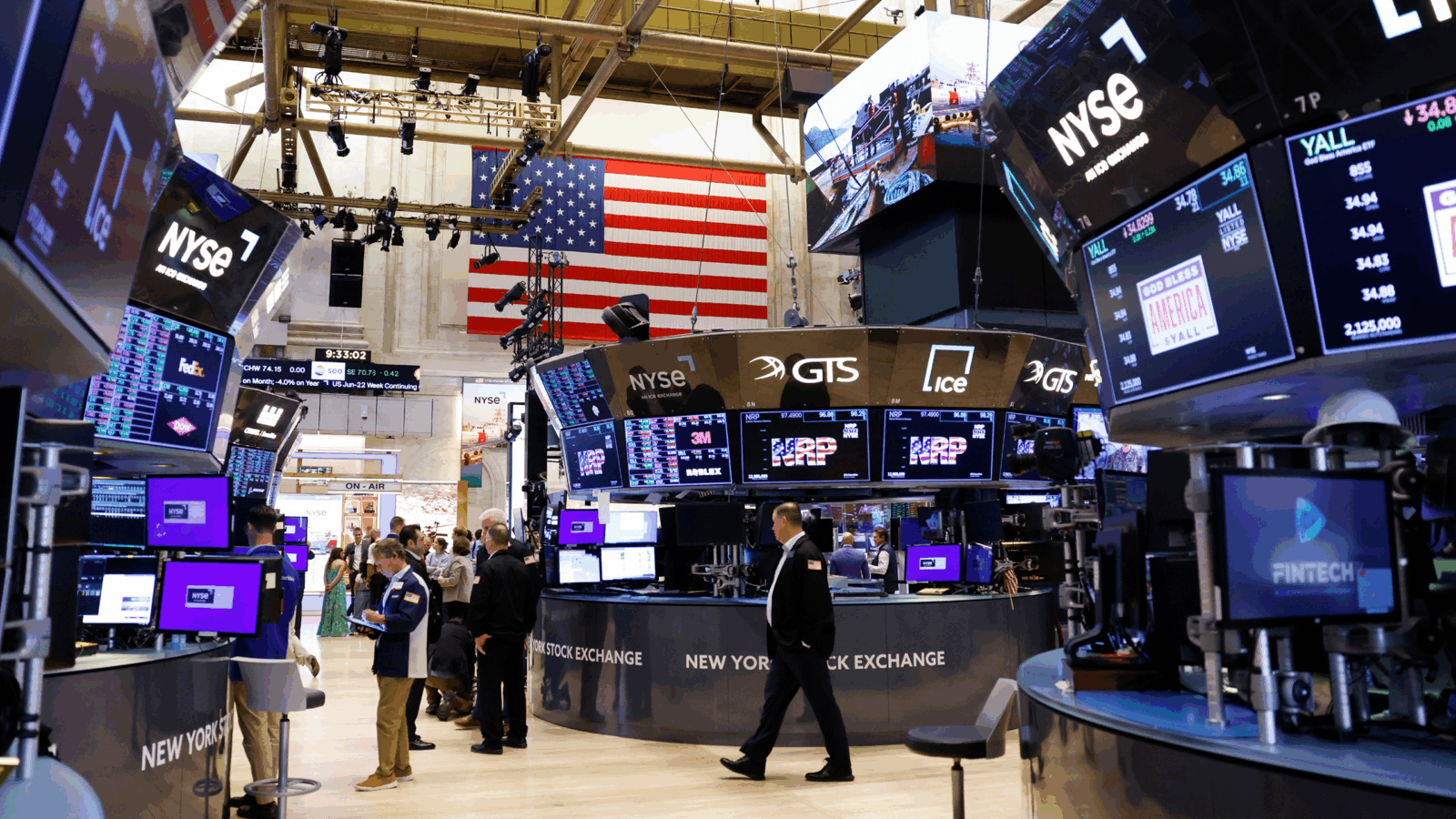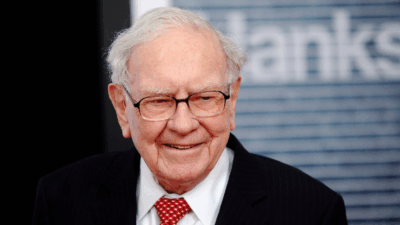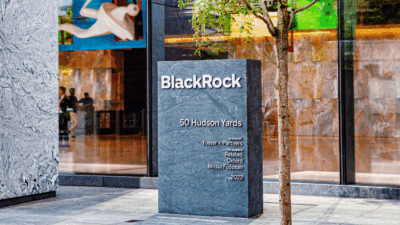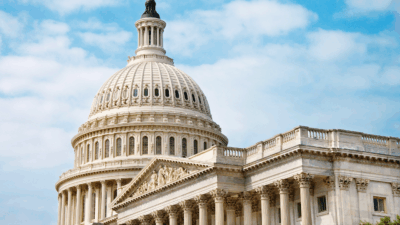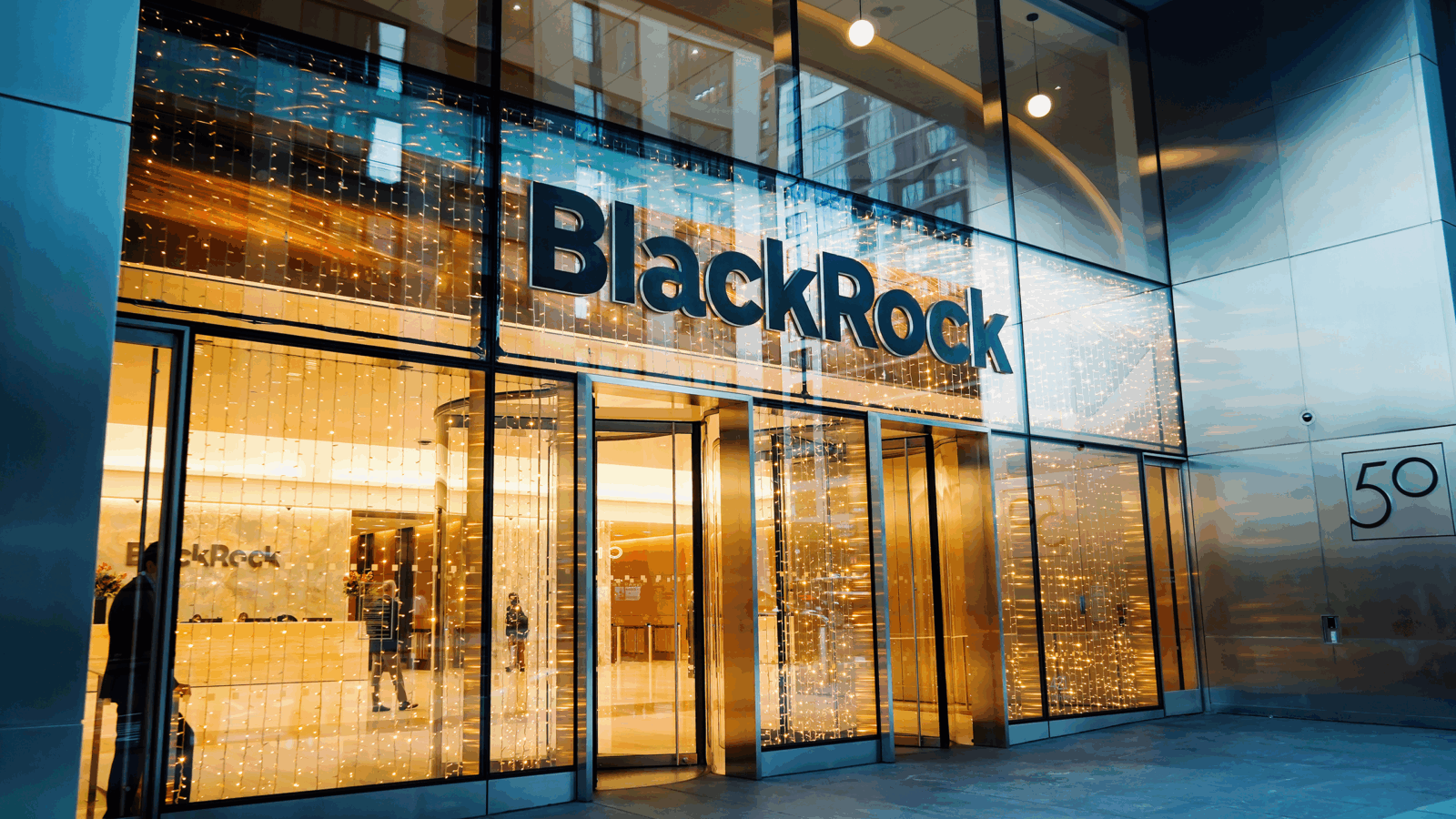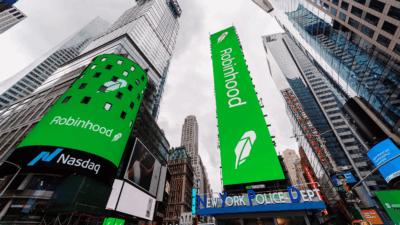
Sign up for smart news, insights, and analysis on the biggest financial stories of the day.
Betting on mergers and acquisitions? In this economy?
Perhaps nobody feels the pain of 2023’s dealmaking slump worse than so-called merger arbitrage traders, or hedge funds that essentially bet on the success of M&A deals, according to an analysis published Thursday by the Financial Times. And that’s not all: new US M&A guidelines announced earlier this week could mean the worst may be yet to come.
Hedge Your Bets
The arbitrage strategy is quite simple: hedge funds buy stakes in companies set to be acquired, in the expectation, based on the announced per-sale price, that shares will ultimately be sold at that price. But so far this year, the betting strategy hasn’t gone as planned. Merger arbitrage traders have lost 2% on average in 2023, according to Hedge Fund Research data, making them among 2023’s biggest losers in the hedge fund world.
For starters, in the first half of the year, only $1.3 trillion worth of deals have been announced around the world, a 37% year-over-year decline, according to Refinitiv. Meanwhile, increased scrutiny from the Federal Trade Commission and the Department of Justice has already stopped some major deals dead in their tracks — creating turbulence for merger arbitrage traders:
- For example, when TD Bank announced a $25-a-share offer to acquire First Horizon, First Horizon’s share price rose from under $18 to nearly $25 — good action for the arbitrage traders. But when the deal got scrapped, share prices plummeted to nearly $10, squashing the traders.
- Amgen’s $28 billion acquisition of Horizon Therapeutics has also been disrupted, and one manager of a merger arbitrage trader fund told the FT he prematurely sold shares in Activision Blizzard in February when its acquisition by Microsoft looked in doubt.
Please Let Us Make a Deal: Regulator scrutiny should only increase. On Wednesday, the FTC and the DOJ officially unveiled 13 draft guidelines that signal a tougher M&A environment. Chief among the new rules — still subject to 60 days of public comment before final implementation — are stipulations that “Mergers should not eliminate a potential entrant in a concentrated market” as well as calls for increased examination on competition “when an acquisition involves partial ownership or minority interests.” In other words, the FTC didn’t like when Meta bought or invested in a series of metaverse start-ups.
Future Bets: Then again, there may be reason to be bullish on M&A activity, at least, according to Blackstone president Jonathan Gray, who told the FT on Thursday that the “shock” of inflation and interest rates that hindered M&A activity so far this year is fading, meaning “markets will normalize and transaction activity will pick back up.” For the ailing hedge funds, that almost sounds like hope.
